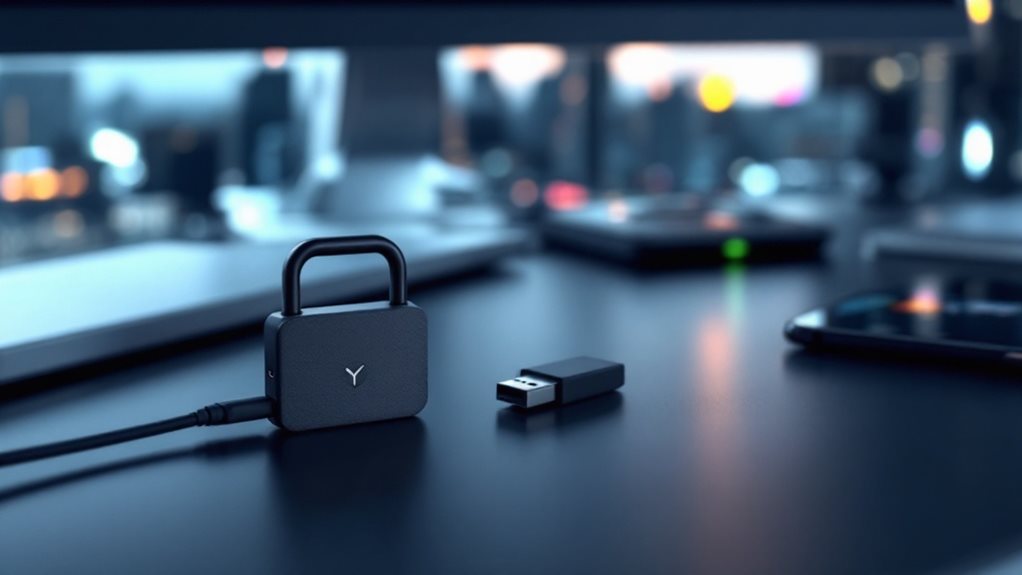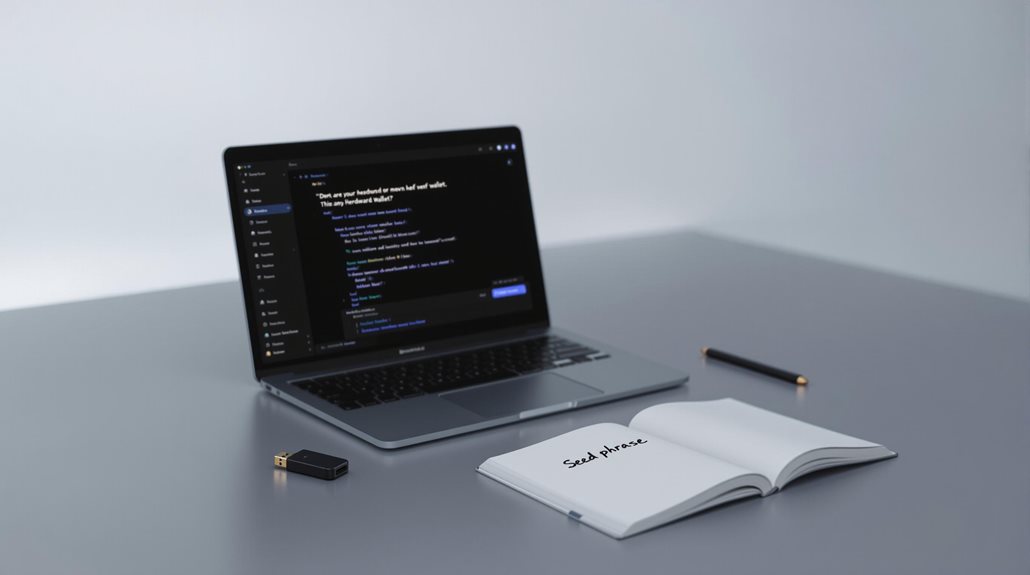A self-custody wallet is a digital tool that gives cryptocurrency users direct control over their digital assets. Unlike traditional bank accounts or exchange wallets, users manage their own private keys – special codes needed to access and transfer their crypto. These wallets come in different forms, including mobile apps, hardware devices, and paper backups. While self-custody offers more independence and security, it requires users to take full responsibility for protecting their assets.

A self-custody wallet puts control of digital assets directly in the hands of cryptocurrency users. Unlike custodial wallets managed by cryptocurrency exchanges, self-custody wallets give users complete control over their private keys, which are crucial for accessing and managing digital assets on the blockchain. This setup eliminates the need to trust third parties with fund management and aligns perfectly with the decentralized nature of cryptocurrencies. Popular applications like Trust Wallet offer seamless mobile access to manage multiple cryptocurrencies. These wallets typically provide enhanced security through two-factor authentication for additional protection.
Self-custody wallets come in several forms, including paper, hardware, and software versions. Hot wallets maintain an internet connection, while cold wallets stay offline for enhanced security. Operating on peer-to-peer networks, these solutions ensure maximum user autonomy and security. These wallets store private keys and provide an interface for users to manage their cryptocurrencies, send and receive funds, and connect to decentralized applications (DApps). Many self-custody wallets can handle multiple types of cryptocurrencies in a single location, making asset management more convenient.
The benefits of using a self-custody wallet are significant. Users enjoy enhanced security through direct control of their private keys and greater privacy in their transactions. They don't have to pay the fees often associated with centralized exchange services, and they're protected from potential problems if an exchange experiences technical issues or fails. Users can manage their digital assets independently and flexibly, without having to rely on anyone else's permission or schedule. These wallets enable direct participation in DeFi activities like staking, lending, and liquidity pool participation.
However, self-custody wallets come with important responsibilities and challenges. Users must take full responsibility for keeping their private keys secure, as there's no customer service department to help recover lost funds. If someone loses their private keys or seed phrases, their funds could be permanently inaccessible. The system requires users to understand basic security protocols and best practices, which can be challenging for newcomers to cryptocurrency.
The technology behind self-custody wallets represents a fundamental shift in how people can manage their digital assets. It's a tool that supports financial independence and privacy, but it requires users to be prepared for the responsibility that comes with being their own bank.
While the learning curve might be steep for some users, self-custody wallets remain a cornerstone of cryptocurrency's promise of financial autonomy. As the cryptocurrency ecosystem continues to evolve, these wallets play an increasingly important role in how people interact with digital assets and decentralized finance.
Frequently Asked Questions
What Happens to My Crypto if I Lose My Recovery Phrase?
If someone loses their recovery phrase, they'll permanently lose access to their cryptocurrency.
It's like losing the only key to a vault – there's no backup way to get in. Millions of dollars in crypto are lost this way.
While some companies offer recovery services for encrypted wallets with forgotten passwords, they can't help if the recovery phrase is lost.
The funds stay locked on the blockchain forever.
Can Someone Hack My Self-Custody Wallet Remotely?
Remote hacking of self-custody wallets is possible, but the risk varies based on how the wallet is used.
Online "hot" wallets connected to the internet are more vulnerable to hackers using malware or phishing attacks.
Offline "cold" wallets, like hardware wallets, are much harder to hack remotely since they're not connected to the internet.
Hackers mainly succeed when users accidentally share their private keys or fall for scams.
Are Self-Custody Wallets Legal in All Countries?
Self-custody wallets aren't legal everywhere.
While they're allowed in many major countries like the US, UK, EU, Japan, and Singapore, some nations have strict rules or outright bans on crypto activities.
The legal status can change as countries develop new regulations.
Different places have their own rules about how these wallets can be used, and some require users to follow specific guidelines for transactions and reporting.
Which Self-Custody Wallet Offers the Lowest Transaction Fees?
Among the listed wallets, Trust Wallet tends to have the lowest overall transaction fees.
It doesn't charge any fees for storing crypto, and its integration with Binance DEX offers trading fees as low as 0.1%.
While all wallets require network fees for transactions, Trust Wallet's multi-blockchain support helps users find cheaper routes.
MetaMask comes close, especially with layer-2 solutions, but Trust Wallet's broader network support gives it a slight edge on costs.
Can I Transfer Tokens Between Different Blockchain Networks Using Self-Custody Wallets?
Yes, it's possible to transfer tokens between different blockchain networks using self-custody wallets.
Users can connect their wallets to cross-chain bridges, which lock tokens on one blockchain and mint equivalent wrapped tokens on another.
The process typically involves selecting the desired token, specifying the amount, and paying network fees.
Popular self-custody wallets like MetaMask and Trust Wallet support these cross-chain transfers through various bridge protocols.





